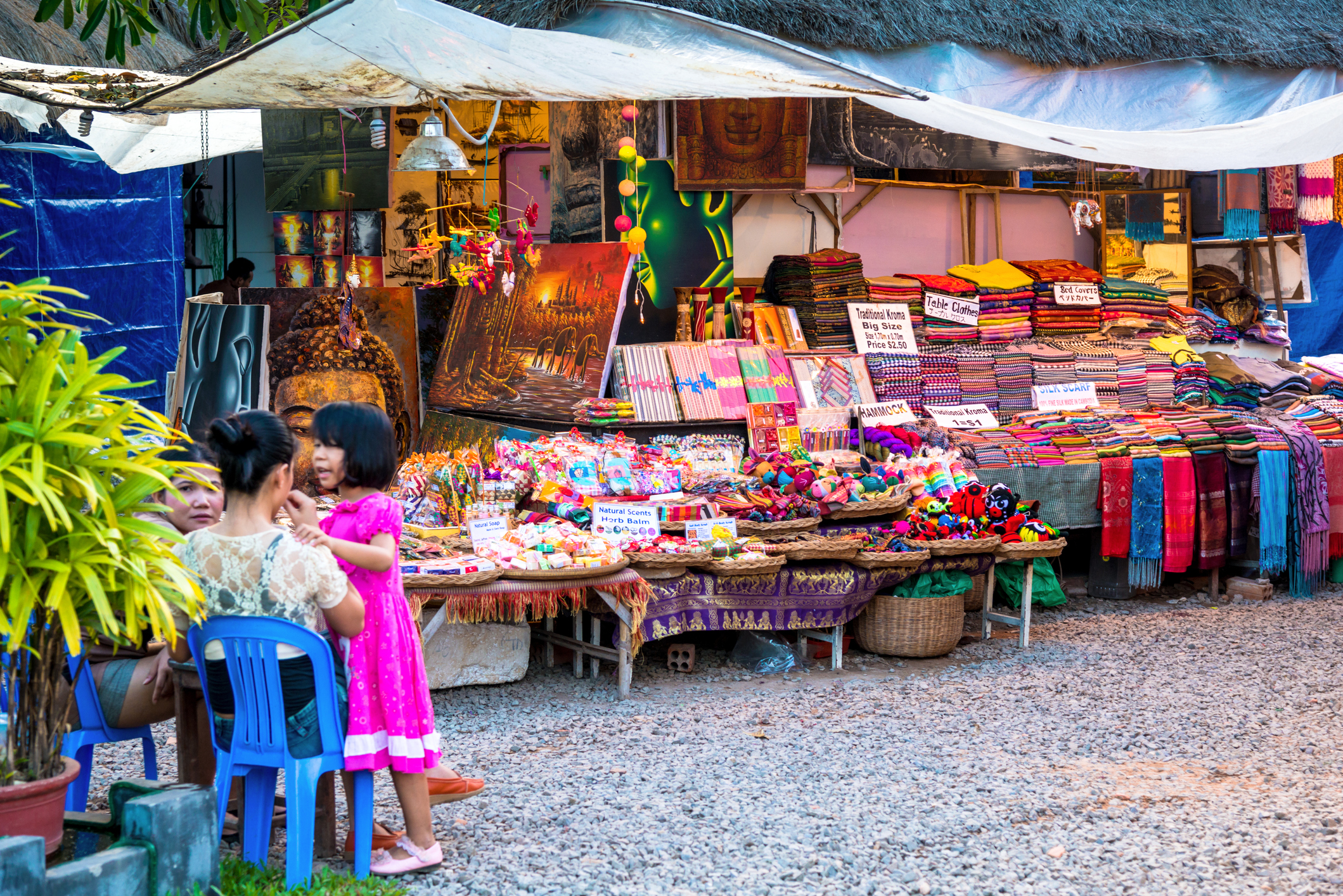Cambodia: EU partial suspension of trade privileges will harm an economy already hit hard by the covid-19 shock

Event
On 12 August, the European Commission decided to partially suspend Cambodia’s EBA (Everything But Arms) trade privileges with the EU over human rights violations. As a result, tariffs will now be levied on products such as garment, footwear and sugar, which account for more than EUR 1 bn, i.e. 20% of Cambodia’s annual exports to the EU. The European Commission said that those trade advantages could be restored provided a substantial improvement in the respect of human and labour rights and if political opposition can operate normally.
Impact
The partial withdrawal of tariff preferences and full quota-free access to the EU market aimed at least developed countries granted to Cambodia had long been discussed since the EU judged Cambodia’s parliamentary elections unfair in 2018 where the opposition party was dissolved before the vote and long-serving PM Hun Sen won all seats. However, the decision had been repeatedly delayed because of its expected negative socioeconomic impact on workers and businesses in the key garment sector. But today, the European Commission decided to use its trade policy as a leverage against perceived authoritarian regimes and/or human rights violations with the goal to improve democratic rule in the country. The same procedure is underway with Myanmar where the EU blames the military for alleged crimes against humanity against the Rohingya minority.
The EU decision comes at a time when the covid-19 shock has already severely disrupted supply chains and harmed the export-dependent Cambodian economy. Indeed, after an impressive decade where GDP growth averaged 7%, a 1% contraction is expected this year. The IMF forecasts a strong rebound (+ 6%) for next year, which might although be too optimistic even if the Asian region is the first to recover. While the health crisis has been contained until now (barely 273 officially reported cases on 19 August), the dominant garment sector and tourism industry (amounting to more than 1/5 of current account receipts prior to the covid-19 pandemic) have been sharply hit by the tumbled global demand (particularly in the USA and the EU, Cambodia’s two leading export markets) and the tourism crisis. As tourism forecasts remain very uncertain, the recovery will at best be slow and fragile in the short-term. As for the garment sector, whose exports dropped during the first half of the year, the evolution of the pandemic in the EU and the USA will determine the timing of the recovery. Reduced household incomes and job losses are nevertheless likely to postpone the return to normal. Now, the EU’s partial removal of trade privileges will further hit the export sectors, as the EU is Cambodia’s second largest export market for goods (21.2% in 2019). FDI from western companies in some manufacturing industries could also be hit given the potential reputational risk it might entail.
In reaction to the covid-19 economic impact, PM Hun Sen took measures to support the garment sector and mitigate social instability risks. Meanwhile, hundreds of factories have suspended their production, many job losses have already been recorded (up to 1.8 million jobs might be threatened according to the World Bank), thereby reversing the downward trend in poverty. The socioeconomic crisis is the highest risk for the government. The EU decision could further exacerbate the situation as Cambodia will lose price competitiveness vis-à-vis its neighbouring competitors. The upcoming free trade agreement with China, Cambodia’s first trade partner, will only somewhat cushion the total impact as Cambodia imports much more than it exports to China. In order to see all EU trade privileges restored, PM Hun Sen might take action to please the EU, notably release opposition leader Kem Sokha who is currently under – suspended – trial for treason. However, the EU’s goal might be elusive as Hun Sen intends to maintain his grip on power and the dominance of his CPP party on the Cambodian society. Looking ahead, he is in fact determined to perpetuate dynastic rule by preparing his eldest son Hun Manet – currently deputy commander of the army – for his succession in the 2030s. As for future economic challenges, PM Hun Sen will continue to rely increasingly on China for trade, financing and investments, and on the ASEAN growing economic integration.
Credendo has maintained its political risk classification unchanged so far. Short-term political risk rating is firm in 3/7 as gross foreign exchange reserves remain resilient and benefit from a slowly recovering Asian demand and weakened imports. While the current account deficit is expected to widen to 22% of GDP (from 12.5%) before improving gradually, the outlook for the MLT political risk is stable as the external debt stock and service and public debt should remain at low to moderate levels. The risk relating to the partial suspension of EBA has been taken into account while assessing MLT risks. Lastly, the systemic commercial risk has been severely impacted by the sharp recession expected this year.
Analyst: Raphaël Cecchi – r.cecchi@credendo.com